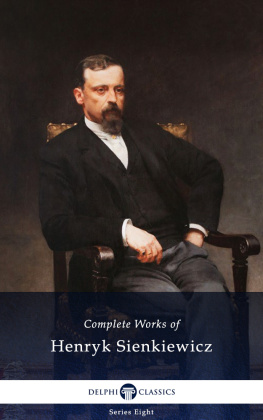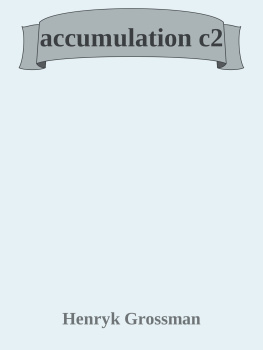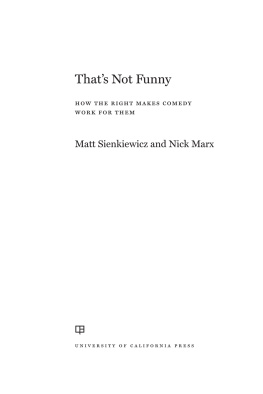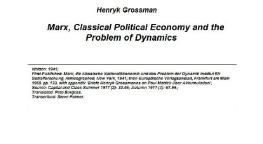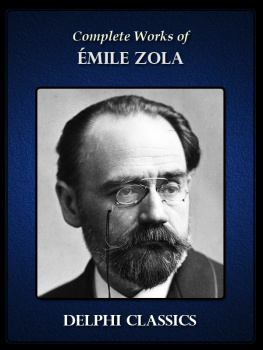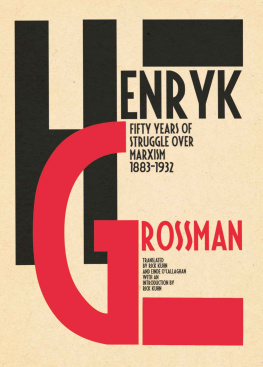PAN MICHAEL, AN HISTORICAL NOVEL OF POLAND, THE UKRAINE, AND TURKEY. BY HENRYK SIENKIEWICZ.
A SEQUEL TO "WITH FIRE AND SWORD" AND "THE DELUGE."
AUTHORIZED AND UNABRIDGED TRANSLATION FROM THE POLISH BY JEREMIAH CURTIN.
________________
Published by B&R Samizdat Express. Feedback welcome seltzer@samizdat.com
________________
BOSTON:
LITTLE, BROWN, AND COMPANY.
1917.
Copyright, 1893, 1898, By Jeremiah Curtin.
All rights reserved.
Printers S. J. Parkhill & Co., Boston, Mass., U.S.A.
TO JOHN MURRAY BROWN, Esq.
My Dear Brown,--You read "With Fire and Sword" in manuscript: you appreciated its character, and your House published it. What you did for the first, you did later on for the other two parts of the trilogy. Remembering your deep interest in all the translations, I beg to inscribe to you the concluding volume, "Pan Michael."
JEREMIAH CURTIN.
Valentia Island, West Coast of Ireland, August 15. 1893.
Since Saint Michael leads the whole host of heaven, and has gained so many victories over the banners of hell, I prefer him as a patron.--The Deluge, Vol. I, p.
INTRODUCTION.
The great struggle begun by the Cossacks, and, after the victory at Korsun, continued by them and the Russian population of the Commonwealth, is described in "With Fire and Sword," from the ambush on the Omelnik[1] to the battle of Berestechko. In "The Deluge" the Swedish invasion is the argument, and a mere reference is made to the war in which Moscow and the Ukraine are on one side and the Commonwealth on the other. In "Pan Michael," the present volume and closing work of the trilogy, the invader is the Turk, whose forces, though victorious at Kamenyets, are defeated at Hotin.
"With Fire and Sword" covers the war of 1648-49, which was ended at Zborovo, where a treaty most hateful to the Poles was concluded between the Cossacks and the Commonwealth. In the second war there was only one great action, that of Berestechko (1651), an action followed by the treaty of Belaya Tserkoff, oppressive to the Cossacks and impossible of execution.
The main event in the interval between Berestechko and the war with Moscow was the siege and peace of Jvanyets, of which mention is made in the introduction to "With Fire and Sword."
After Jvanyets the Cossacks turned to Moscow and swore allegiance to the Tsar in 1654; in that year the war was begun to which reference is made in "The Deluge." In addition to the Cossack cause Moscow had questions of her own, and invaded the Commonwealth with two separate armies; of these one moved on White Russia and Lithuania, the other joined the forces of Hmelnitski.
Moscow had rapid and brilliant success in the north. Smolensk, Orsha, and Vityebsk were taken in the opening campaign, as were Vilno, Kovno, and Grodno in the following summer. In 1655 White Russia and nearly all Lithuania came under the hand of the Tsar.
In view of Moscow's great victories, Karl Gustav made a sudden descent on the Commonwealth. The Swedish monarch became master of Great and Little Poland almost without a blow. Yan Kazimir fled to Silesia, and a majority of the nobles took the oath to Karl Gustav.
Moving from the Ukraine, Hmelnitski and Buturlin, the Tsar's voevoda, carried all before them till they encamped outside Lvoff; there the Cossack hetman gave audience to an envoy from Yan Kazimir, and was persuaded to withdraw with his army, thus leaving the king one city in the Commonwealth, a great boon, as was evident soon after.


